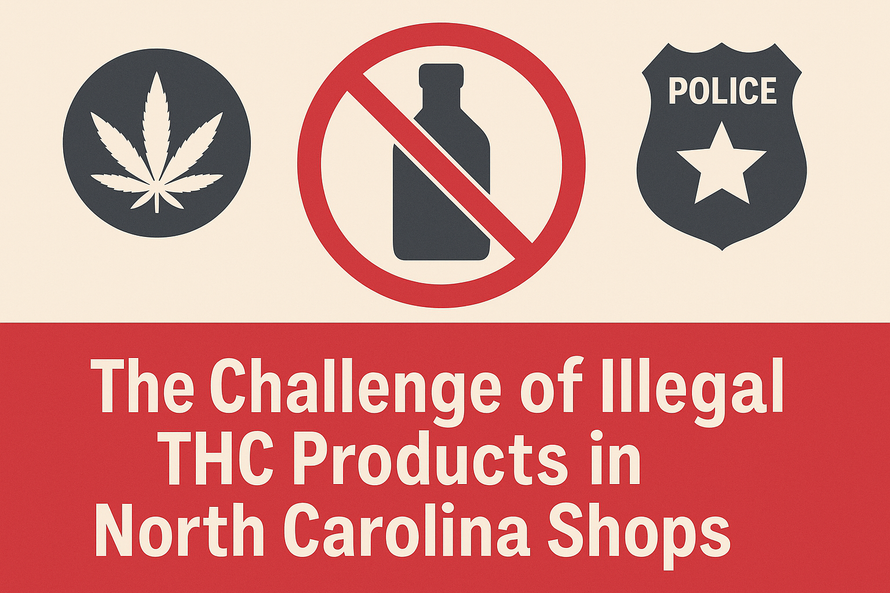North Carolina is facing a surge in the availability of illegal THC products, with authorities likening the situation to the 'Wild West'. This development not only poses challenges for law enforcement but also raises significant concerns about consumer safety and the integrity of the local cannabis market.
Unregulated Market Leads to Risks
In North Carolina, as in many places where cannabis remains illegal or partially legal, the lack of regulated markets has led to the proliferation of unlicensed and unregulated THC products. These products often bypass the safety standards required for legal products, potentially exposing consumers to harmful substances. The 'Wild West' comparison underscores the chaotic and unchecked nature of this market, where anything goes and little is guaranteed in terms of product safety.
Consumer Safety at Risk
The primary concern with these illegal products is consumer safety. Without regulatory oversight, there’s no assurance of product purity, potency, or authenticity. Contaminants such as pesticides, heavy metals, and residual solvents, which are typically screened for in regulated markets, may be present in these products, posing serious health risks to users.
Implications for Law Enforcement
For law enforcement, the challenge is twofold. First, there is the difficulty of policing an ever-growing market of illicit products that are often indistinguishable from legal ones to the untrained eye. Second, the resources required to monitor and control this market are substantial, potentially diverting attention from other public safety issues.
The Case for Legalization and Regulation
One potential solution to curb the spread of illegal THC products is the legalization and regulation of cannabis. By creating a legal framework for cannabis production, sale, and possession, North Carolina could better control the market, ensuring safety standards are met and reducing the burden on law enforcement. Legalization also opens the door for economic benefits through taxation, similar to what has been seen in other states.
Public Education and Awareness
In addition to considering legalization, there is a critical need for public education about the risks associated with unregulated THC products. Consumers should be informed about how to identify legitimate products, the potential dangers of untested THC, and the legal implications of purchasing illegal substances.
Conclusion
The situation in North Carolina reflects a broader issue faced by many states grappling with the consequences of partial or full cannabis prohibition. As the market for THC products continues to grow, it becomes increasingly important for state legislatures to reconsider their approach to cannabis. Clear regulations, responsible oversight, and public education could transform the current 'Wild West' scenario into a controlled, safe, and profitable market.

